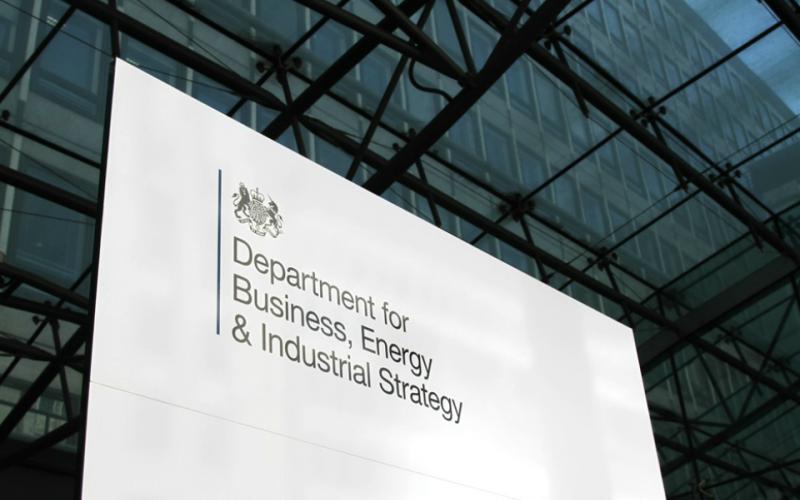The government has committed to protect suppliers from 80% of the increases in obligation payments for the second quarter.
It comes after the Department of Business, Energy and Industrial Strategy (BEIS) launched a consultation on 12 May, to examine the prospect of delaying supplier obligations payments in an effort to mitigate the impact of COVID-19.
The amendments have now been laid out, including an offer to protect suppliers from 80% of the increases, up to a maximum loan of £100 million in Q2 2020. This is higher than the proposed 67% suggested when the consultation was launched.
Additionally, BEIS will defer an increase in supplier obligation payments by a quarter, so that they will be due in Q2 2021.
BEIS will calculate the increase in obligations for both the last quarter and future quarters on the basis of market share, helping to ensure that obligations cannot soar in the way that they have over the lockdown period.
The Low Carbon Contracts Company (LCCC) will be able to repay the loan that BEIS is providing, as well as consider the impact of the loan when setting the interim levy rate and the total reserve amount there is for the quarter.
These changes will now need to be made to the Contracts for Difference (Electricity Supplier Obligations) Regulations 2014 by parliament before 9 July, when the LCCC will carry out the reconciliation process for the Q2.
Even if the amendments are not passed by then, BEIS has committed to providing the loan, but obligation levels will remain unchanged.
The proposed changes have come as a result of a period of exceptional low demand due to the COVID-19 lockdown. As factories and industry has shuttered, electricity demand has fallen by around 20%, bringing with it a range of challenges for National Grid ESO.
With renewable generation surging in the sunniest May ever, the operator had to resort a host measure to keep the grid balanced, including turning down embedded generation. This has led to concerns from suppliers about meeting growing obligation payments.






